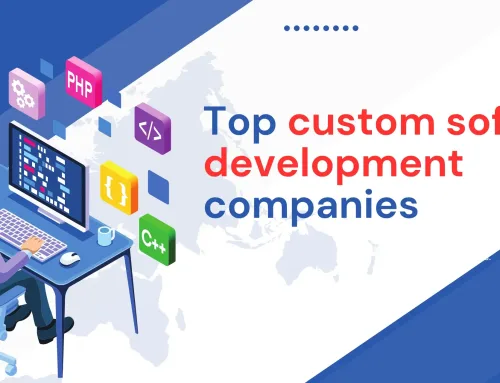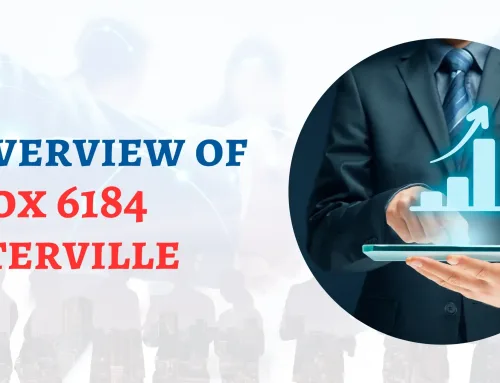No business can afford to run without the proper accounting software.
However, while deciding whether to buy new software or improve the existing, business owners frequently make a few typical errors.
Some organizations buy well-known accounting systems but fail to implement or manage them effectively. It will always lead to employee frustration, management dissatisfaction, and a poor return on investment.
Some common mistakes to avoid getting the most out of this software system.
Training to the employees
Management may view the installation and deployment of an accounting system as simply installing the software files, configuring the settings, inputting starting balances, configuring printers, and allowing access to specific users.
While these tasks are unquestionably important, this list omits end-user training should account for around 90% of the implementation effort when done correctly. Employees, in particular, should be trained.
Management should also access and utilize the systems and create and read financial statements and analytical reports.
Even when management agrees on the required level of user training, certain providers frequently reduce or eliminate user training. On the other hand, other vendors work hard to ensure that end-users are fully capable of operating the system with little maintenance down the road.
Your accounting system’s accuracy will undoubtedly go off course soon after the experts leave without sufficient user training.
Related: Home Depot Health Check App: Employees & Associates Will Enjoy
Replacing the accounting software
Accounting systems will never produce accurate results or perform properly if your bookkeeper repeatedly enters transactions improperly.
Some businesses fail to recognize their own employees’ flaws as the primary issue and instead replace the accounting system. Suppose your company has well-known accounting software that isn’t working correctly.
In that case, it’s nearly usually cheaper and faster to address the problems with your present system than to buy and learn a completely new one.
Make a serious attempt to solve the faults in your current accounting system before opting to replace it. This endeavor may entail bringing in a consultant with system knowledge to identify and address the various issues.
This procedure should undoubtedly include thorough end-user training on the system. Other methods that your consultant may recommend changing your accounting software or operating system.
By altering your software system’s settings and having accountants compile, evaluate, or audit general ledger account balances and then rectify them.
The assistance of your accountant
Accounting software has the potential to automate various processes that accountants or bookkeepers formerly performed. For example, you can produce your VAT return using accounting software rather than relying on your accountant.
Begin utilizing accounting software without first examining how you collaborate with your accountant. You may find yourself paying for both software and an accountant to perform the same activities.
Accountancy software is not a substitute for an accountant. However, it can assist you in lowering your accounting costs or free up your accountant’s time to analyze what the data is saying about how to enhance your firm.
Add-ons and integrations.
One of the most appealing features of choosing online accounting software is the ease of adding additional features by linking other internet services or add-ons.
If you sell online, for example, you may integrate your eCommerce software with your accounting software. As a result, all of your sales should immediately move to your accounts without the need for manual entry.
Hundreds of add-ons are frequently offered for a single package. It is essential to spend a few minutes reviewing the most popular to see if anything could make your life easier.
Find risks earlier
Prioritize addressing risks. Nobody likes to consider the potential for troubles in their company. However, forewarned is forearmed, and your accounting software makes it easier to spot minor difficulties before they become major ones.
Cash flow can be challenging to manage, especially if dealing with late payments or tight margins. Accounting software can help you track expenses, identify outstanding invoices, and monitor any changes in client payment patterns. A potential cash flow crisis can be avoided by acting quickly.
You may also use the software’s reports to spot longer-term trends, such as a decline in orders from a significant customer or a drop in demand for a critical product.
Regular update on accounting software
Updates to accounting software are usually required once a year. Choose not to install these updates. You may have to deal with critical data compatibility issues. Additionally, with time, specific data may become skewed or unreachable.
Incorporate system and software changes into your long-term business strategy. To avoid data loss, your accounting software should update regularly.
Relying on a general solution
Some businesses run into purchasing an accounting system without first weighing all of their possibilities. Perhaps most importantly, they may be missing out on industry-specific versions.
Construction organizations, for example, can choose from a variety of applications with built-in capabilities tailored to their industry. Industry-specific accounting software is also available for non-profit organizations.
Research whether a product addresses your company’s niche emphasis if you haven’t previously.
Importance of mobile app
A company’s accounting software used to be a stand-alone application, and data from across the organization had to feed into the system manually. However, nowadays, integration is crucial.
Your accounting system should be able to interact with all of your other software so that data can transfer quickly and securely. Consider whether or not mobile access to your accounting system is available and how well it works. Many systems now come with apps that consumers may download to their smartphones or tablets.
Conclusion
Companies that understand the capabilities of their accounting system, recognize and repair faults in the design, instil employee trust in the software, and give staff with the necessary training to get the most out of its functioning have the best chance of maximizing the value of their accounting system.
Avoiding these frequent accounting system errors can save your firm many headaches while also increasing the efficiency, effectiveness, and perhaps even joy in your accounting activities and financial reporting.










